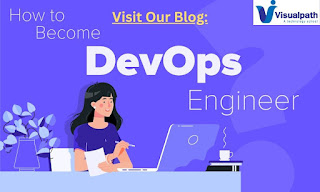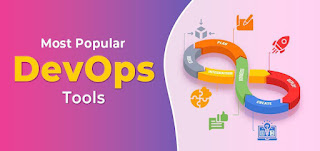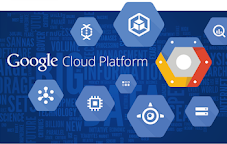GCP DevOps? A Guide to Becoming a DevOps Engineer

Introduction In today's rapidly evolving tech landscape, GCP DevOps has emerged as a critical approach to software development and IT operations, emphasizing collaboration, automation, and continuous integration/continuous deployment (CI/CD). Becoming a DevOps engineer is an exciting journey that requires a blend of technical skills, mindset, and practical experience. Here's a comprehensive guide to help you embark on this rewarding career path. - GCP DevOps Training - Visualpath Understand the DevOps Philosophy: · DevOps is more than just a set of tools; it's a cultural shift that promotes collaboration between development and operations teams. Begin by grasping the core principles of DevOps, such as automation, continuous delivery, infrastructure as code (IaC), and monitoring. Acquire Knowledge of Tools and Technologies: · Familiarize yourself with popular DevOps tools and technologies, including version control systems like Git, continuous in





